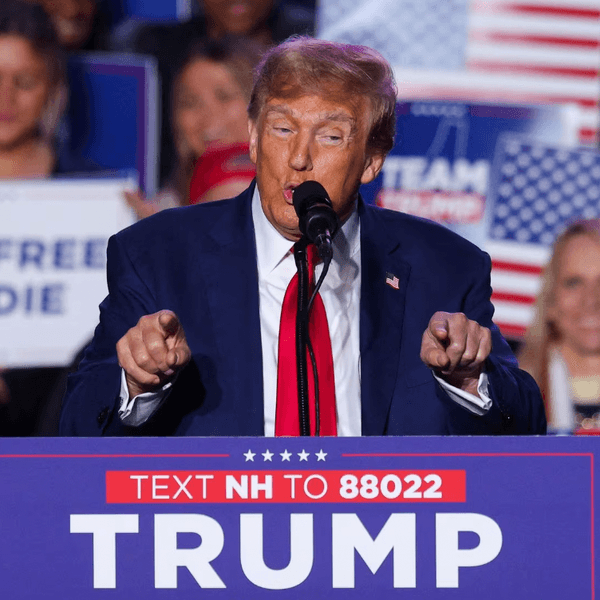
Reprinted with permission fromCreators.
Marty Bannon did all the right things, mostly. He raised five children, lived modestly, worked hard, and bought as much stock in his employer, AT&T, as he could. When AT&T’s stock price plunged in the 2008 economic meltdown, Bannon sold at a loss of more than $100,000, he said.
The stock was then selling for about $29 a share. It’s now around $42. A big mistake bailing out, Bannon admits.
But where was Steve Bannon — his big shot son, a former Goldman Sachs banker and now political adviser to Donald Trump — when he unloaded his life savings at the bottom of the market? Apparently not calling home and saying, “Dad, don’t sell your stock now.” Or the younger Bannon could have sent him the popular essay written in October 2008 by investment guru Warren Buffett. It was titled “Buy American. I Am.”
Instead, Steve Bannon exploited his father’s financial trauma to sell his doctrine of economic nationalism — a mishmash of emotions that blames everyone but oneself.
“The only net worth my father had beside his tiny little house was that AT&T stock,” Steve Bannon told The Wall Street Journal with customary melodrama. “And nobody is held accountable?” He added, “Everything since then has come from there. All of it.”
But actually, immigrants, Muslims, and China did not create the debacle. An orgy of financial speculation fed by deregulation did.
It happens that AT&T also did nothing wrong. It was a solid company caught in the downdraft of a crashing stock market.
Back at the Trump administration, a fourth Goldman alumnus has just been nominated to help oversee the nation’s money. These financiers are not exactly hot to preserve the more recent post-crisis regulations — much less hold anyone accountable for the pain that inevitably follows the loosening of Wall Street’s reins. They also don’t care much for the Consumer Financial Protection Bureau, which shelters ordinary Americans from the financial industry’s worst abuses.
Trump just nominated David Malpass to a prominent position in the Treasury Department. A big supporter of privatizing Social Security in the George W. Bush years, Malpass later served as chief economist at Bear Stearns in the years leading up to the investment bank’s collapse in 2008.
Almost every investor, big or small, lost money in the stock market meltdown. Small investors like Marty Bannon are known for panic selling when stock prices swoon. It is also their habit to buy when prices are high, like now.
Retail investors are believed to be behind the recent stock market gains, according to a report by Bloomberg. The big institutional investors, meanwhile, are backing away. “You can thank the little guy for Dow 20,000,” Bloomberg notes.
It was no coincidence that Bush pushed his plan to let workers divert some of their Social Security taxes into stocks during a market rally. Even back then, some asked how the regular folk would handle it once the stock prices went south. Bush essentially said, “Don’t worry. We won’t let them put the money in risky investments.” It would go into solid, conservative companies — AT&T, for instance.
The public is generally not sophisticated on matters of personal finance. That’s the best reason for leaving Social Security alone as a boring but dependable financial backstop for the American people. Those who choose to invest are usually advised to stick with mutual funds, after checking out the fees they charge.
There’s really nothing in the Bannon program that would make America great again for the little guy. Rather, it’s to make the little guy angry at the wrong people, preferably foreigners. These are diversion tactics. The Marty Bannons of America deserve better.








